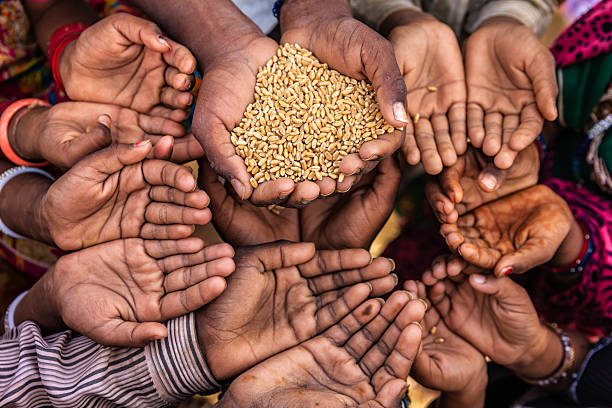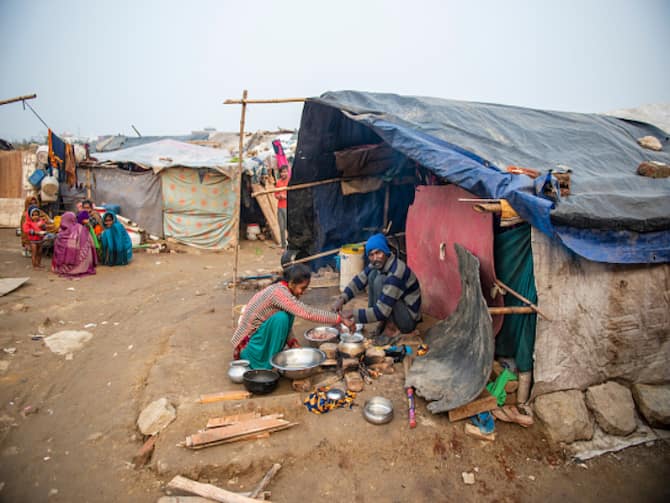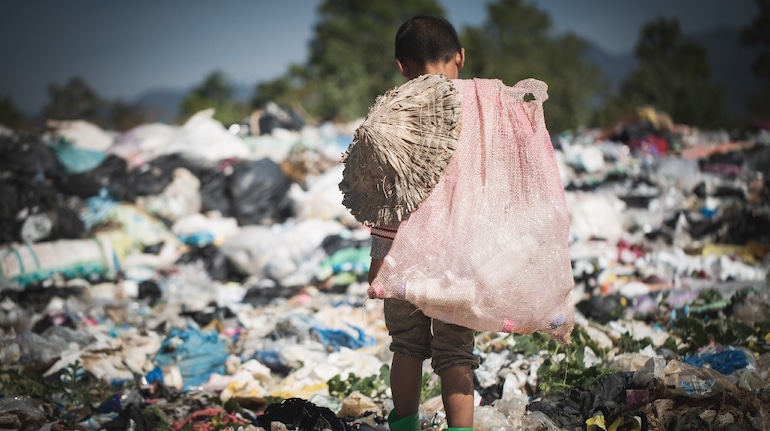Poverty is a worldwide issue that affects millions of people every day. It is the lack of financial resources and basic necessities, such as food, shelter, and clothing.
According to the World Bank, more than 700 million people live in extreme poverty, surviving on less than $1.90 per day. Poverty is a complex issue that can have a detrimental impact on an individual's physical and mental health, as well as their social and economic well-being. In this article, we will explore the harsh reality of poverty, its causes, and its impact on society.
What is Poverty?
Poverty is the lack of financial resources to meet basic needs, including food, shelter, and clothing. It is a widespread issue that affects people from all walks of life, but it disproportionately affects women, children, and minorities. Poverty can have a detrimental impact on an individual's physical and mental health, as well as their social and economic well-being.
Causes of Poverty
Poverty is a complex issue that can have multiple causes, including:
Lack of Education: Lack of education can be a major contributor to poverty. Without education, individuals may not have the necessary skills to secure well-paying jobs, making it difficult to escape poverty.
Unemployment: Unemployment is a major contributor to poverty. Individuals who are unemployed may struggle to meet their basic needs, including food, shelter, and clothing.
Low Wages: Low wages can be a significant contributor to poverty. Many individuals who work low-wage jobs struggle to make ends meet, making it difficult to escape poverty.
Health Issues: Health issues can be a major contributor to poverty. Individuals who have chronic health issues may struggle to work, making it difficult to secure a stable income.
Impact of Poverty on Society
Poverty can have a detrimental impact on society. Here are a few examples:
Crime: Poverty can lead to increased crime rates. Individuals who live in poverty may turn to crime to meet their basic needs, including food and shelter.
Poor Health: Poverty can have a negative impact on an individual's physical and mental health. Individuals who live in poverty may struggle to access healthcare, leading to chronic health issues.
Low Economic Growth: Poverty can have a negative impact on economic growth. Individuals who live in poverty may not have the resources to invest in their communities, leading to low economic growth.
Education: Poverty can have a negative impact on education. Children who live in poverty may struggle to access education, leading to lower academic achievement and reduced opportunities.
Examples of Poverty
Poverty is a global issue that affects millions of people worldwide. Here are a few examples:
Sub-Saharan Africa: Sub-Saharan Africa has the highest poverty rate in the world, with more than 40% of the population living in poverty.
United States: In the United States, more than 34 million people live in poverty, with poverty rates highest among minority groups.
India: India has the largest number of people living in poverty in the world, with more than 176 million people living in extreme poverty.
Latin America: Latin America has one of the highest levels of income inequality in the world, with poverty rates highest among indigenous communities.
Conclusion
Poverty is a complex issue that affects millions of people worldwide. It can have a detrimental impact on an individual's physical and mental health, as well as their social and economic well-being. Poverty is caused by multiple factors, including lack of education, unemployment, low wages, and health issues.
It is essential to address the root causes of poverty to create lasting change and improve the lives of those affected. We must work together as a global community to fight poverty and create a more equitable society for all. This can be done through policies that promote education, employment, and access to healthcare.
It is also important to address income inequality, which is a major contributor to poverty. By providing opportunities for economic growth and development, we can create a more equitable society that benefits everyone.
Poverty is a significant social issue that affects millions of people worldwide. It is caused by multiple factors, including lack of education, unemployment, low wages, and health issues. Poverty can have a detrimental impact on an individual's physical and mental health, as well as their social and economic well-being.
To create lasting change and improve the lives of those affected, it is essential to address the root causes of poverty and promote policies that support education, employment, and access to healthcare. By working together as a global community, we can fight poverty and create a more equitable society for all.



Comments
Post a Comment